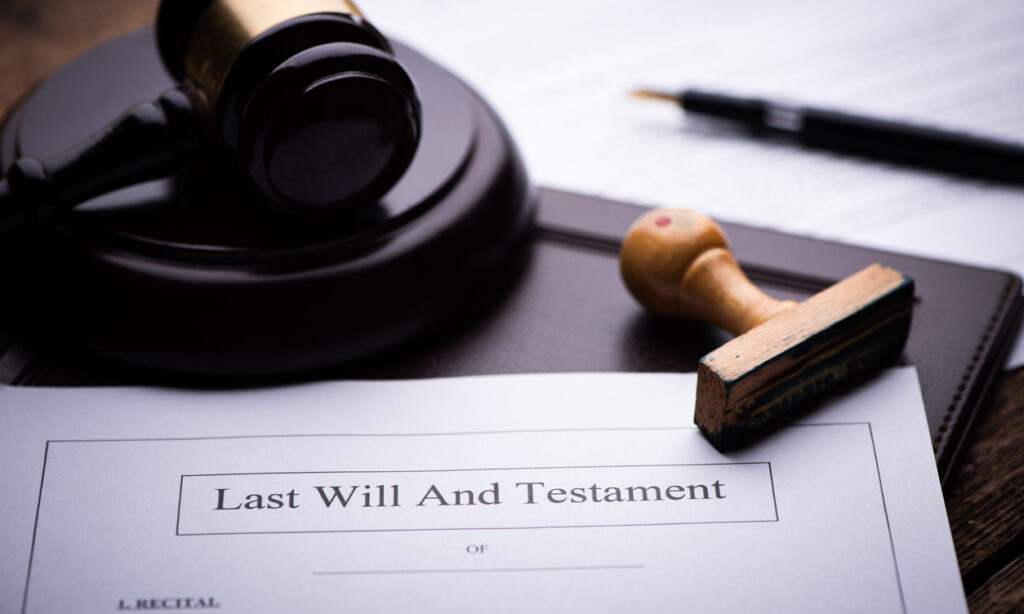What is a Larke v. Nugus request?
If a party is disputing the validity of the will, they may seek information from the practitioner who drafted the will by making a Larke v. Nugus request.
Requests can be made by charity beneficiaries who are seeking to challenge the will and can affect charities who are appointed executors under terms of the will.
The request will ask the will-writing practitioner to answer specific questions about the process they undertook to prepare the will, for example, how instructions were taken, and who was present when instructions were taken.
Before responding to such a request, it is good practice for the requesting party (or the will-writing practitioner themselves) to consult the executor of the estate and to seek their authority to disclose information about the disputed will.
How do Larke v. Nugus requests apply to charities?
If the executor is a charity, is the charity’s consent needed before any information about the will can be disclosed?
The case of Addison and Another v. Niaz [2024] EWHC 3124 provides some guidance in this respect
Obtain authority from the charity’s executor
The court confirmed that it would be good practice to obtain the charity executor’s authority. However, in some circumstances, a will-writing practitioner could be expected to respond to a Larke v. Nugus request without the authority of the charity executor (in which case, they should notify the charity that they intend to disclose the requested information).
What if consent isn’t given?
If the charity executor withholds their consent to disclose information about the will, they should be aware that the requesting party (or will-writing practitioner) is at liberty to make an application for directions from the court pursuant to sections 122 and 123 of the Senior Courts Act.
Applications of this nature can result in the court compelling the charity to provide authority for disclosure of the contents of a will file, and the preparation of a Larke v. Nugus statement.
If a charity were to withhold their consent unreasonably, they could face an adverse costs order, particularly where a court has later compelled disclosure of information requested.
What can charities learn from this case?
Charity executors should not ignore requests for disclosure, or authority, for the preparation of a Larke v. Nugus statement. The caselaw would also suggest that requests should be dealt with promptly.
We can support charity executors who may have queries or concerns in respect of any requests made of them, as well as provide guidance for charity beneficiaries who are considering a claim to challenge the validity of a will and require a Larke v. Nugus statement from the will-writing solicitor.






